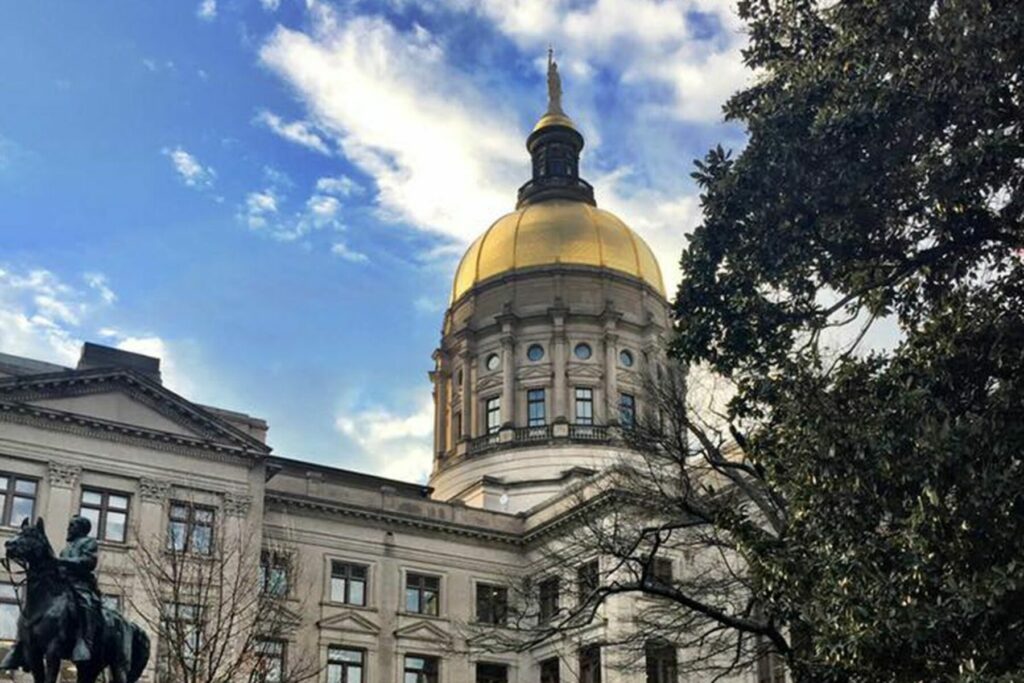
ATLANTA – The Georgia House of Representatives overwhelmingly passed a $32.6 billion mid-year budget Thursday that includes a $1 billion property tax rebate worth $500 to the average homeowner.
The mid-year budget, which covers state spending through June 30, sailed through the House 170-1 and now moves to the Georgia Senate. With the state sitting atop a $6.6 billion revenue surplus, the mid-year budget would increase spending by 7.8% over the fiscal 2023 budget the General Assembly adopted last spring.
“This budget and $2 million in new revenue go a long way toward meeting the needs of Georgians,” House Appropriations Committee Chairman Matt Hatchett, R-Dublin, told his legislative colleagues shortly before Thursday’s vote.
House budget writers found other uses for the surplus besides property tax relief. The mid-year budget also includes $1.1 billion to fill the revenue gap caused by the temporary suspension of the state’s gasoline tax Gov. Brian Kemp ordered last March, which wasn’t lifted until last month.
House lawmakers also approved Kemp’s request to fully fund Georgia’s Quality Basic Education k-12 student formula (QBE), at $12.4 billion the largest single expenditure in the budget. After years of falling short of the mark, the state has been able to afford full funding of the QBE for the last several years.
The mid-year budget also includes $128.2 million to account for student enrollment growth in Georgia public schools since last year.
The spending plan provides $73.1 million to the Technical College System of Georgia’s Quick Start program to build training facilities in Bryan and Newton counties to train workers for two electric-vehicle manufacturing plants being built near Covington and Savannah.
The state Department of Human Services would receive $137.4 million for the additional staffing that will be necessary to accomplish “the great unwinding” of Medicaid in April, when the federal government will relax pandemic-era regulations that prevented states from disenrolling people from Medicaid. Georgia will need to re-examine the eligibility of more than 2 million current Medicaid enrollees.
The House also added $23 million to the governor’s funding request for school security grants, enough to raise the grants from $50,000 for every school in the state to $60,000.
The mid-year budget also would provide $2.4 million to improve security at the state’s 48 domestic violence shelters.
A couple of House lawmakers questioned how the $1 billion property tax rebate would affect the coffers of local governments, which rely heavily on property taxes.
Hatchett said the tax relief would be funded out of state surplus revenue.
“The state is funding that discount,” he said. “There is no effect on cities and counties.”
This story is available through a news partnership with Capitol Beat News Service, a project of the Georgia Press Educational Foundation.
